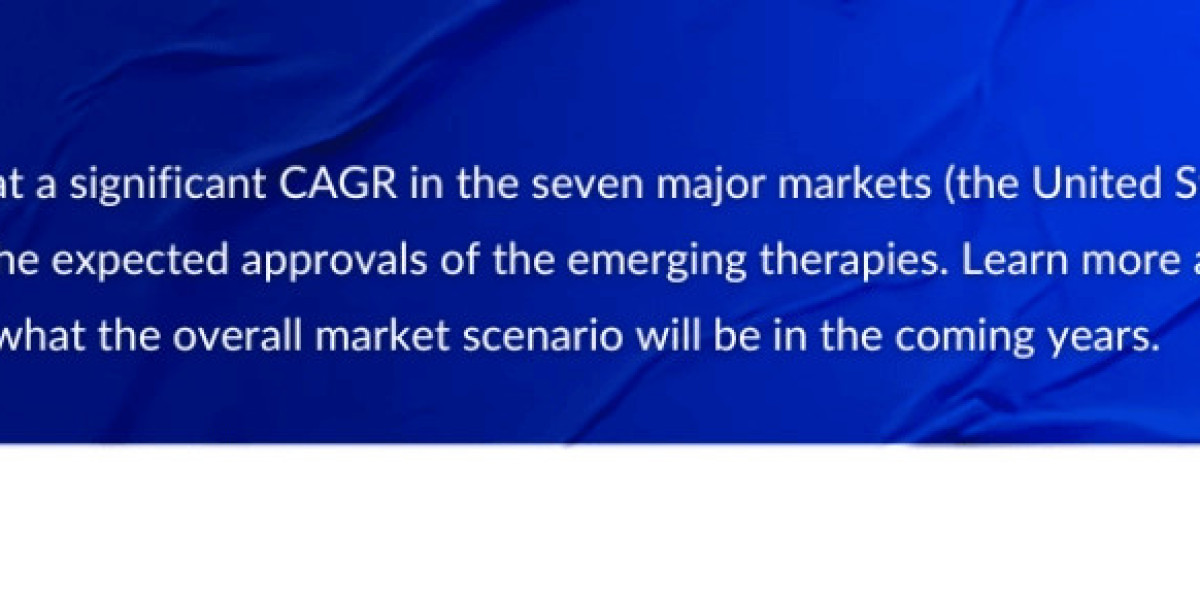Establishing precise diagnostic boundaries between schizophrenia vs bipolar disorder represents a fundamental challenge in modern psychiatric practice, with profound implications for treatment selection and patient outcomes. Misdiagnosis commonly results in ineffective therapeutic interventions, extended illness duration, and diminished functional recovery potential. While both mental health conditions may present with similar psychotic features, their underlying pathophysiological mechanisms and treatment paradigms are distinctly different. Developing robust diagnostic frameworks for these complex psychiatric disorders is therefore critical for advancing clinical practice and optimizing patient care delivery.
Distinctive Symptomatology and Clinical Manifestations
Schizophrenia and bipolar disorder demonstrate unique clinical signatures requiring comprehensive diagnostic assessment approaches. Patients with bipolar disorder typically experience cyclical mood fluctuations, characterized by manic or hypomanic episodes interspersed with depressive states and periods of mood stabilization. Schizophrenia patients exhibit continuous psychotic symptoms, including sensory hallucinations, fixed false beliefs, and cognitive disorganization, frequently accompanied by social withdrawal and progressive functional impairment. The diagnostic challenge intensifies when psychotic symptoms emerge during mood episodes, creating clinical presentations where manic symptoms may appear similar to acute psychotic manifestations, necessitating careful longitudinal assessment.
Molecular Mechanisms and Genetic Convergence
Advanced psychiatric research demonstrates significant molecular overlap between these mental health disorders, including shared genetic predisposition factors and convergent neurobiological pathways. Molecular genetic studies reveal common susceptibility loci affecting neurotransmitter metabolism and brain development processes. This biological convergence explains diagnostic difficulties during acute clinical evaluations, prompting questions such as "can you be bipolar and schizophrenia?" However, distinct epigenetic modifications and neural network disruptions provide differentiating characteristics for accurate diagnostic classification, enabling more precise clinical identification.
Evidence-Based Diagnostic Methodologies and Clinical Assessment
Comprehensive diagnostic differentiation necessitates systematic evaluation incorporating symptom development patterns, developmental history, and medication response characteristics. Clinicians must assess psychotic phenomena within their temporal context relative to mood disturbances, distinguishing mood-dependent psychosis from autonomous psychotic presentations. Diagnostic misclassification, particularly confusing bipolar psychosis with primary schizophrenia, can result in inappropriate treatment strategies and poor therapeutic outcomes. Validated psychometric instruments and structured diagnostic protocols enhance diagnostic accuracy and clinical reliability.
Innovative Biomarker Technologies and Diagnostic Revolution
Revolutionary biomarker platforms are transforming psychiatric diagnosis through quantifiable biological measurements and objective diagnostic indicators. Sophisticated neuroimaging techniques identify distinctive neural connectivity patterns and brain structural modifications specific to each condition. Biochemical profiling reveals unique molecular signatures in peripheral blood and cerebrospinal fluid samples. Immunological biomarkers, including inflammatory cascades and cytokine profiles, provide valuable diagnostic insights. These technological innovations help healthcare providers manage complex schizophrenia and bipolar cases, addressing diagnostic ambiguities and identifying potential co-existing conditions.
Personalized Treatment Strategies and Clinical Implementation
Biomarker-guided diagnosis facilitates individualized therapeutic approaches, optimizing medication selection and intervention planning. Accurate diagnostic classification enables appropriate use of antipsychotic agents, mood-stabilizing medications, and comprehensive psychosocial treatments. This precision medicine framework reduces therapeutic uncertainty, minimizes adverse drug reactions, and improves clinical response rates. Enhanced diagnostic precision will revolutionize mental healthcare delivery, providing evidence-based treatment guidelines and superior patient outcomes across various clinical presentations and disease progressions, ultimately transforming the landscape of psychiatric care and improving long-term recovery prospects for individuals with these challenging mental health conditions.
Latest Reports Offered by Delveinsight:
Echocardiography Devices Market | Intracranial Arterial Diseases Market | Intracranial Hemorrhage Market | Intrahepatic Cholangiocarcinoma Market | Intraocular Lymphoma Market | Intravenous Immunoglobulin Market | Invasive Candidiasis Market | Iron Deficiency Anemia Market | Irritable Bowel Syndrome Market | Ischemia Reperfusion Injury Market | Mayus Kinase Jak Inhibitors Market | Joint Reconstruction Devices Market | Juvenile Rheumatoid Arthritis Market | Keratoconus Market | Kernicterus Market | Knee Osteoarthiritis Market | Knee Osteoarthritis Market | Osteoarthritis Market | Knee Reconstruction Devices Market | Laband Syndrome Market | Lactose Intolerance Market | Lambert Eaton Myasthenic Syndrome Market | Lambert-eaton Myasthenic Syndrome Market | Laryngeal Cancer Market | Leigh Syndrome Market | Leukocyte Adhesion Deficiency Market
Latest Reports:
https://www.delveinsight.com/report-store/dementia-with-diabetes-epidemiology-forecast
https://www.delveinsight.com/report-store/peanut-allergy-pa-epidemiology-forecast
https://www.delveinsight.com/report-store/tinea-pedis-epidemiology-forecast
https://www.delveinsight.com/report-store/moderate-to-severe-acute-pain-epidemiology-forecast
https://www.delveinsight.com/report-store/levodopa-induced-dyskinesia-lid-epidemiology-forecast
https://www.delveinsight.com/report-store/cervical-intraepithelial-neoplasia-epidemiology-forecast
https://www.delveinsight.com/report-store/lipodystrophy-syndrome-ls-epidemiology-forecast
https://www.delveinsight.com/report-store/wilson-disease-epidemiology-forecast-insight
https://www.delveinsight.com/report-store/astigmatism-epidemiology-forecast
https://www.delveinsight.com/report-store/her2-positive-early-breast-cancer-epidemiology-forecast
About DelveInsight
DelveInsight is a trusted provider of life sciences and pharmaceutical market research and consulting, offering actionable insights that empower organizations to make informed decisions. With a commitment to delivering strategic intelligence, DelveInsight serves as a key partner to global pharmaceutical, biotechnology, and healthcare companies looking to excel in an evolving market landscape.
Contact Us
Kanishk
Email: kkumar@delveinsight.com








